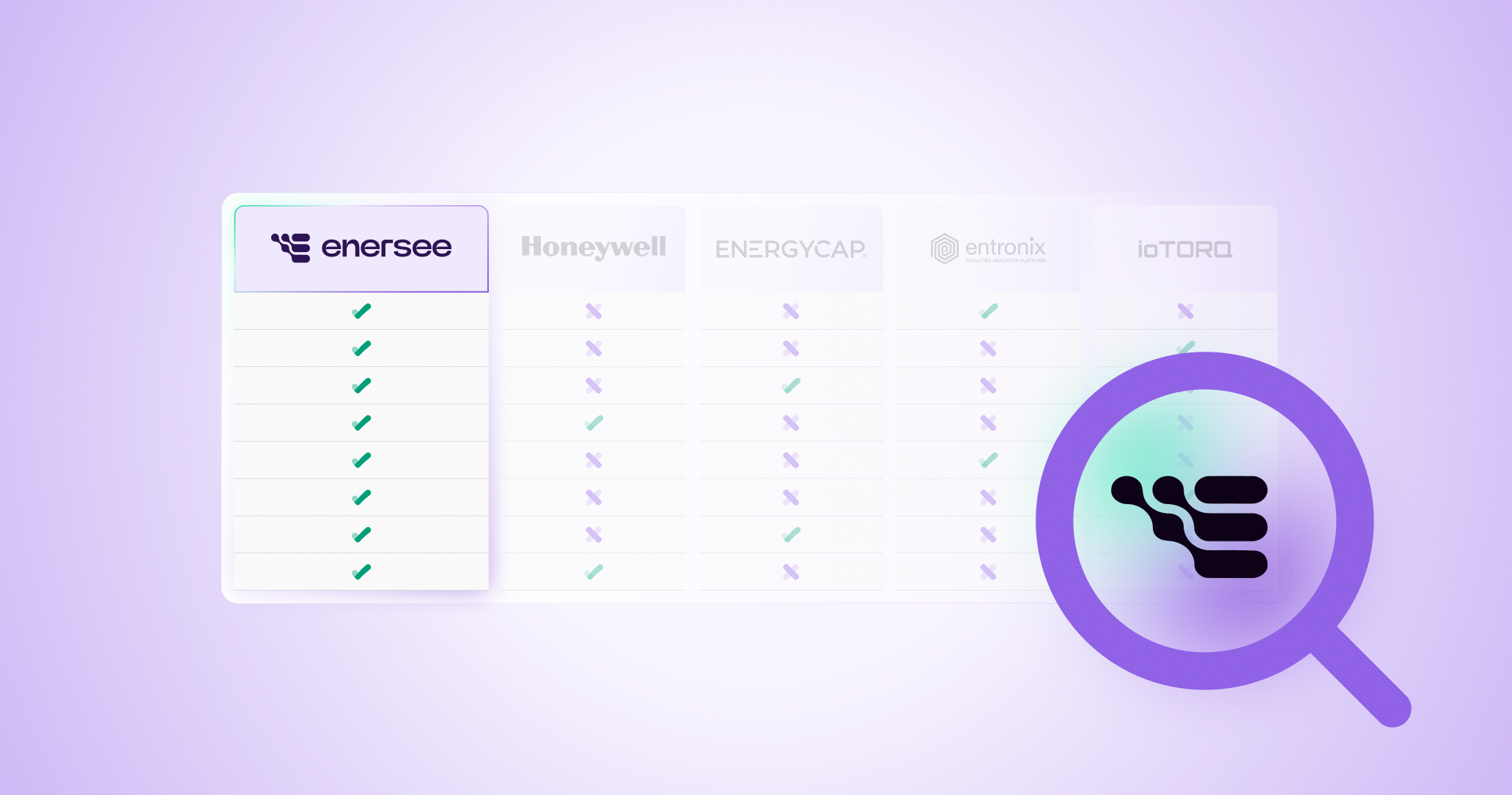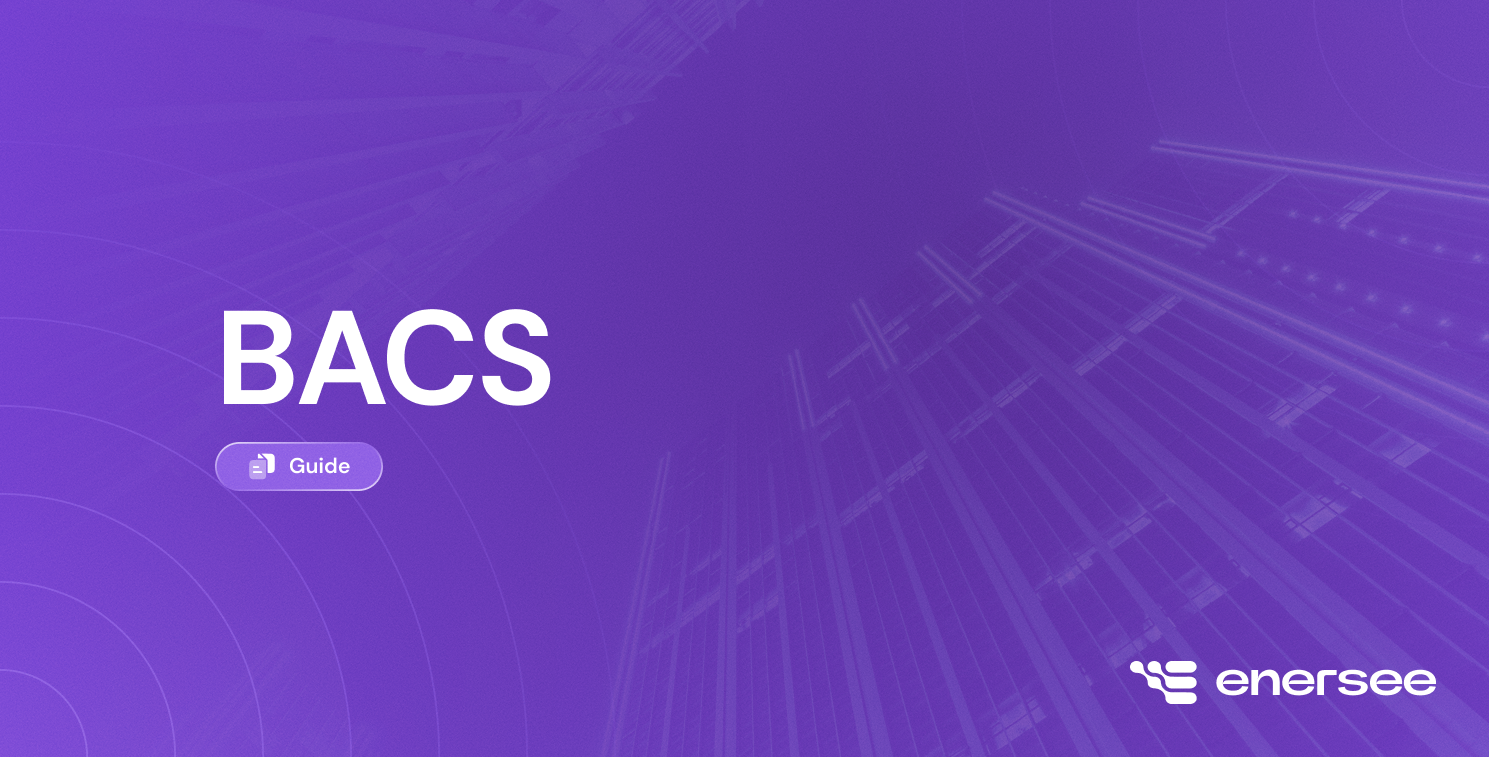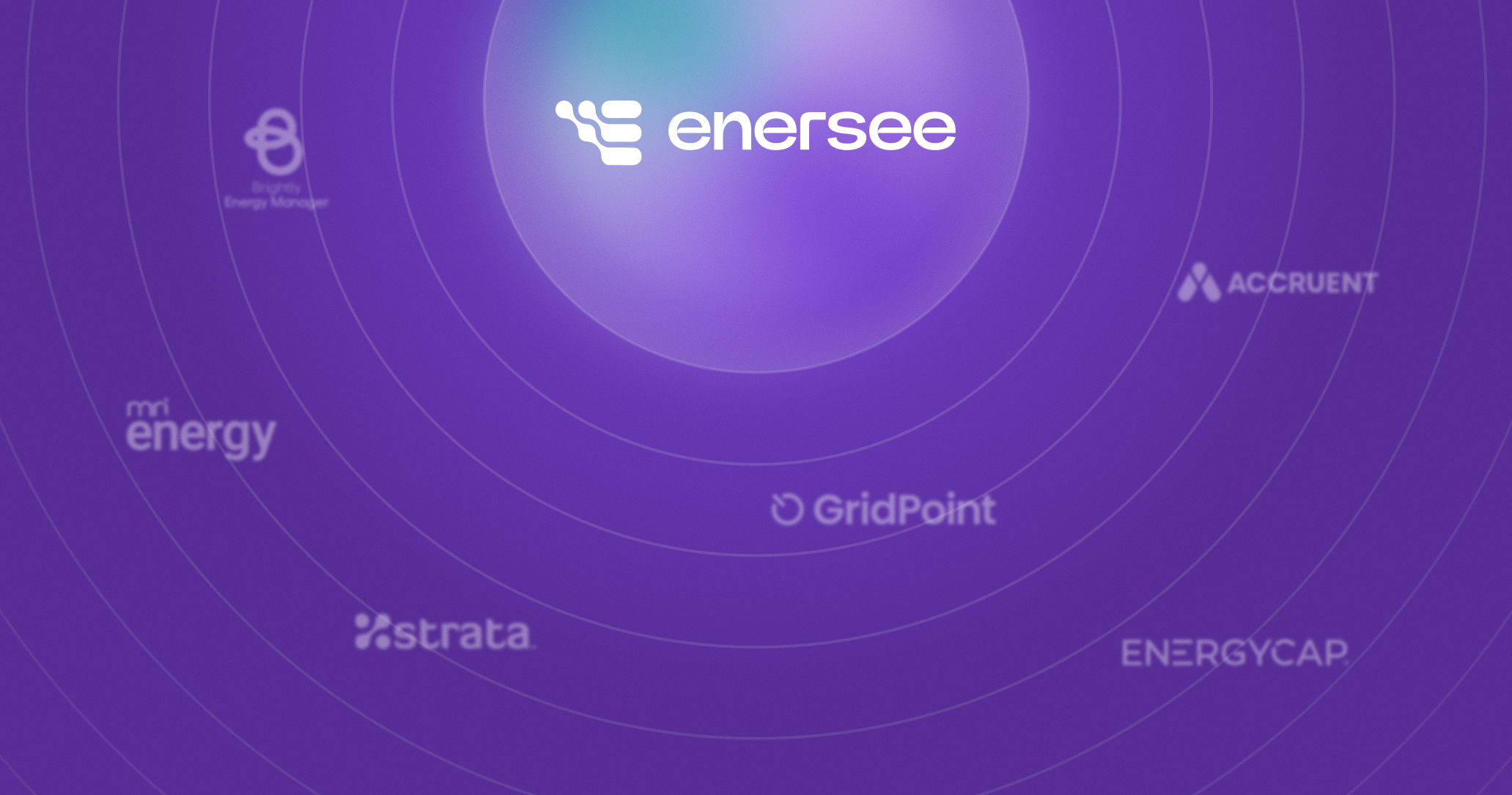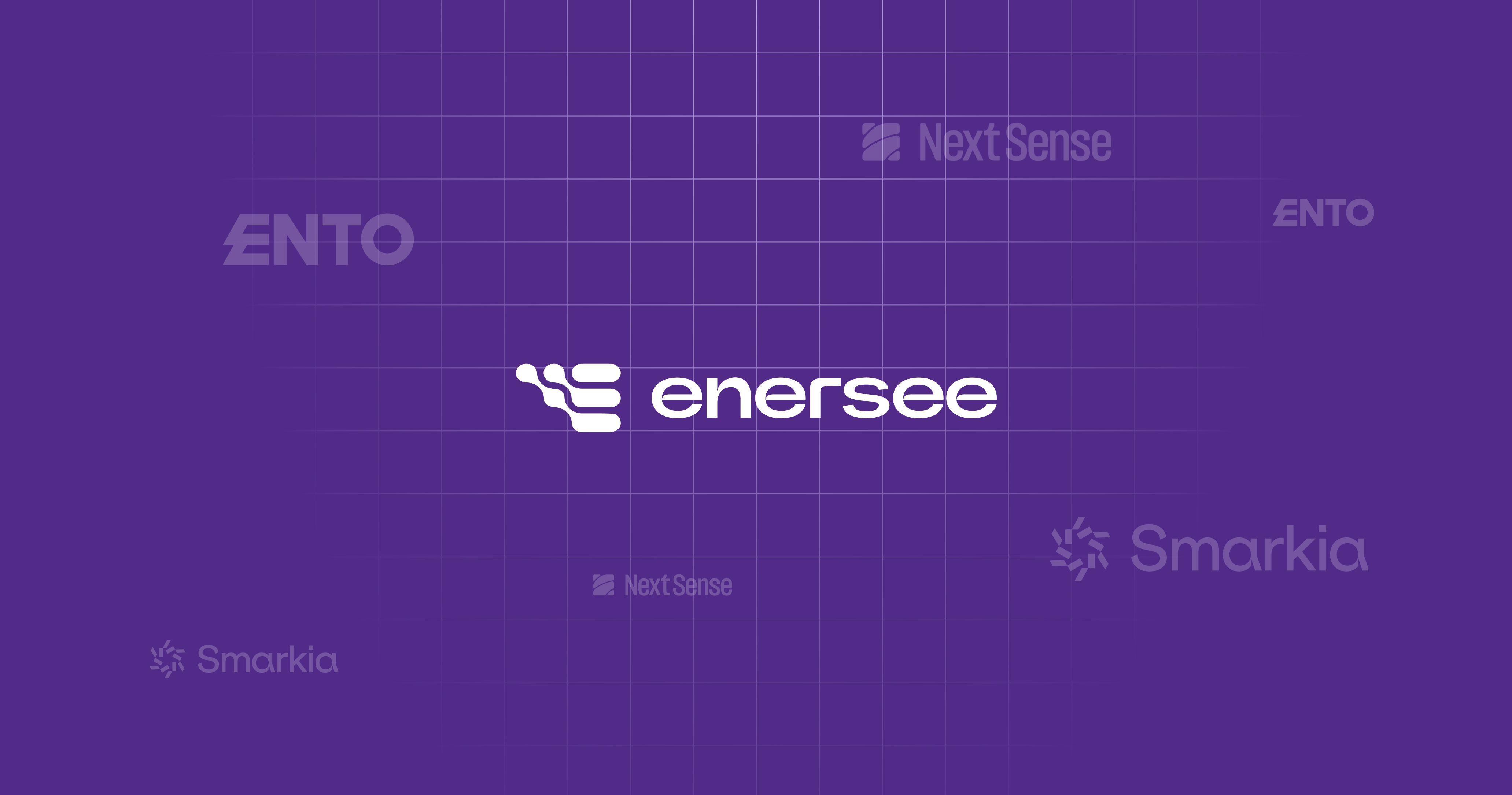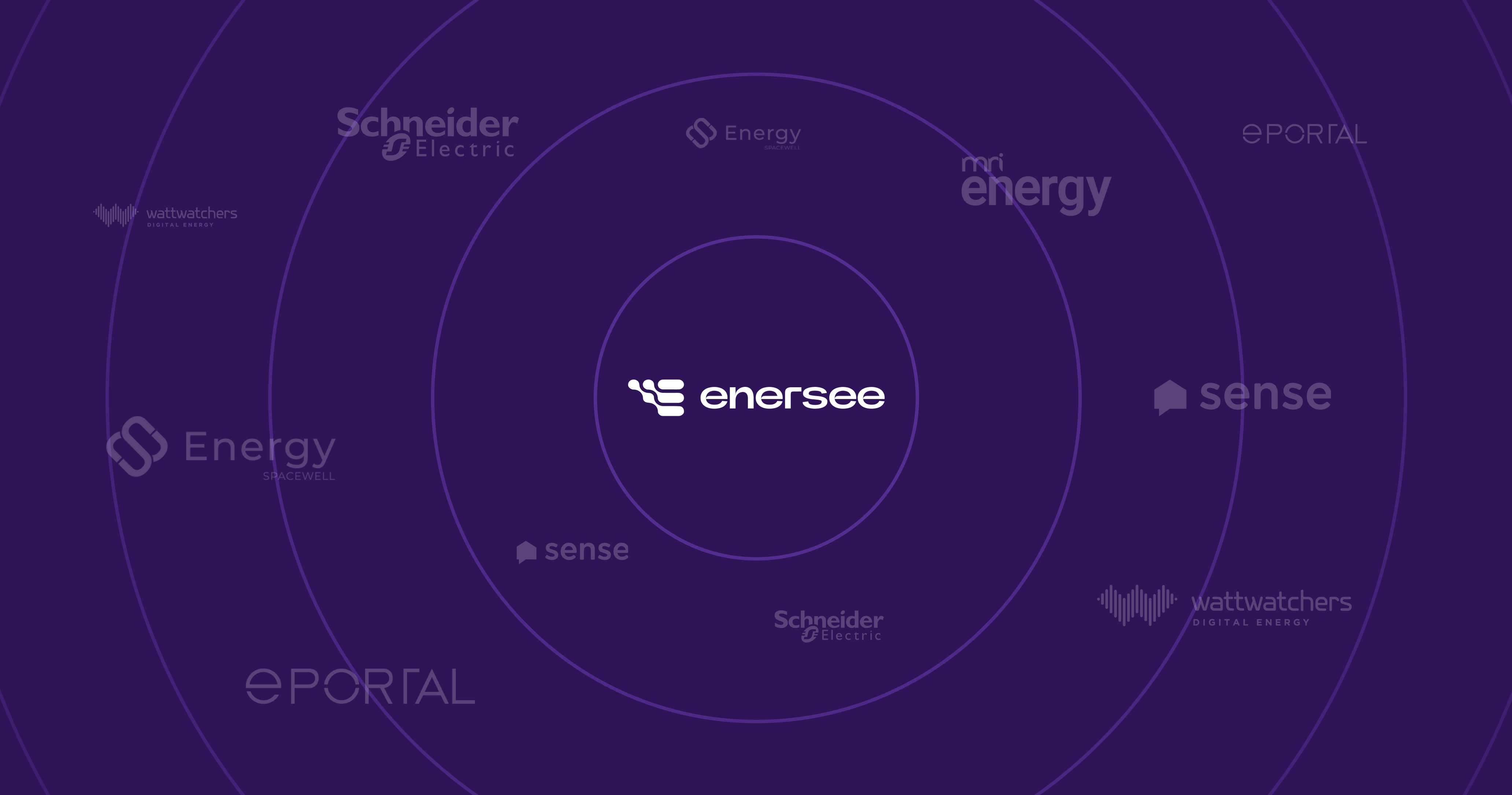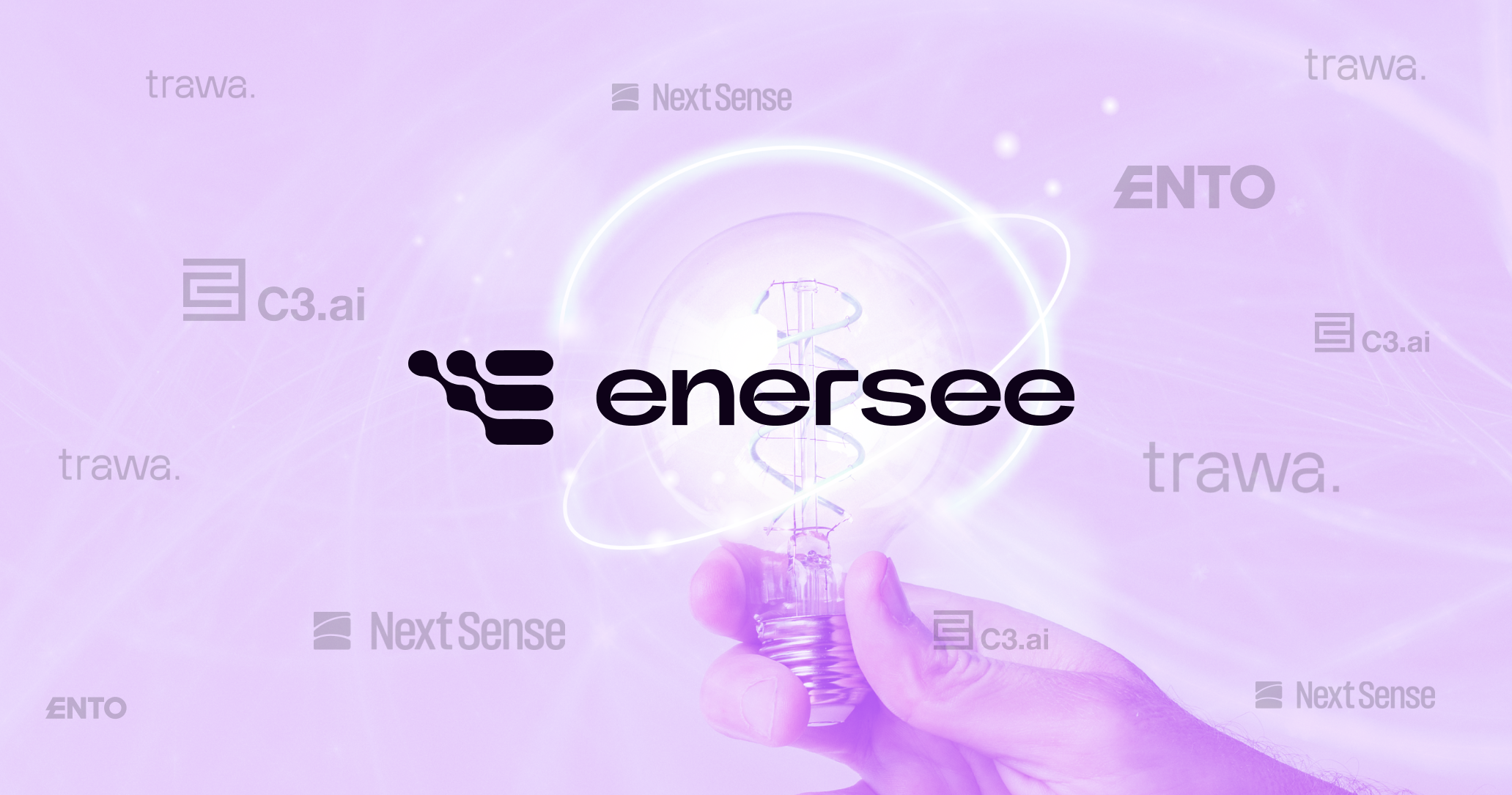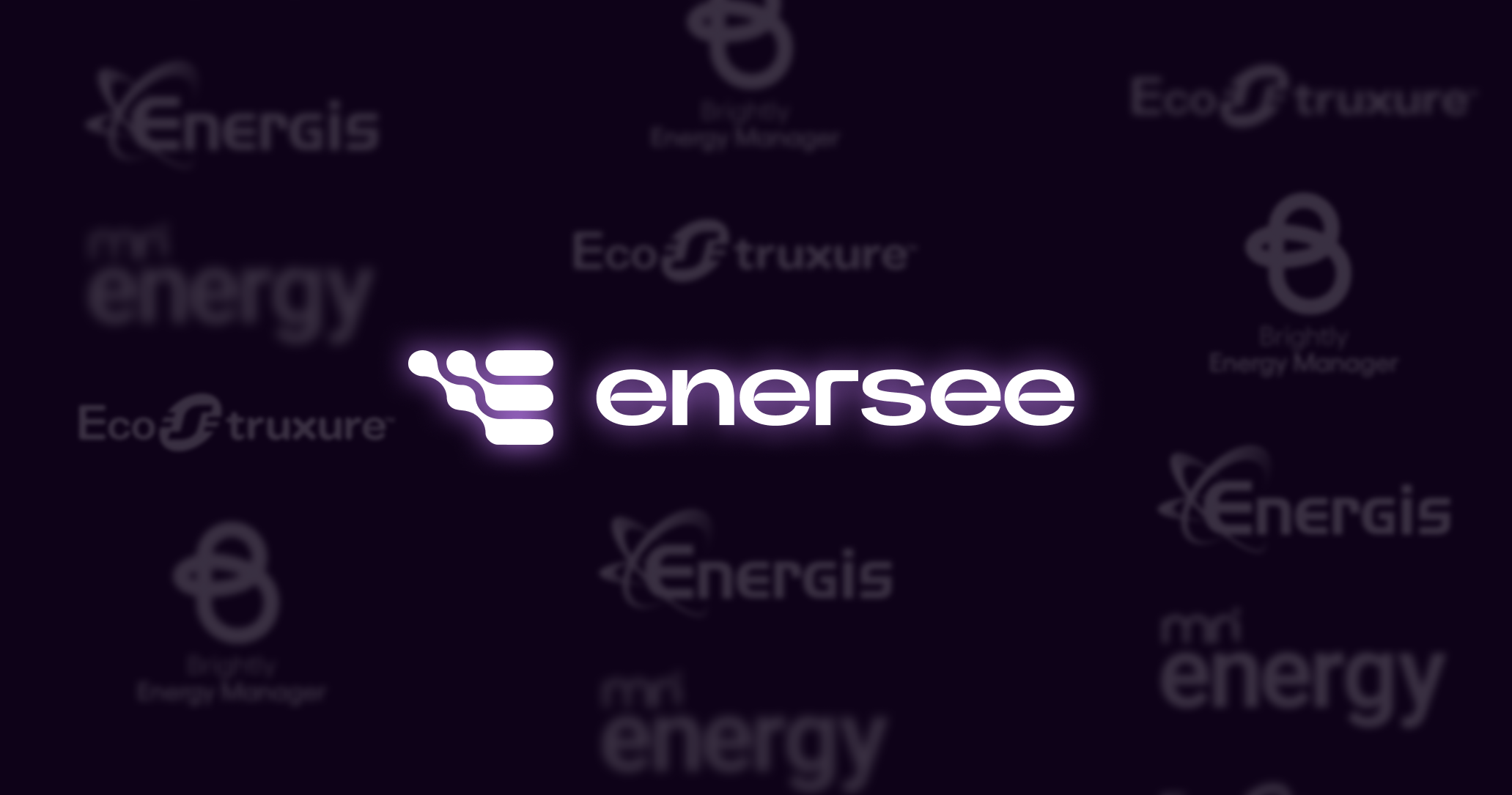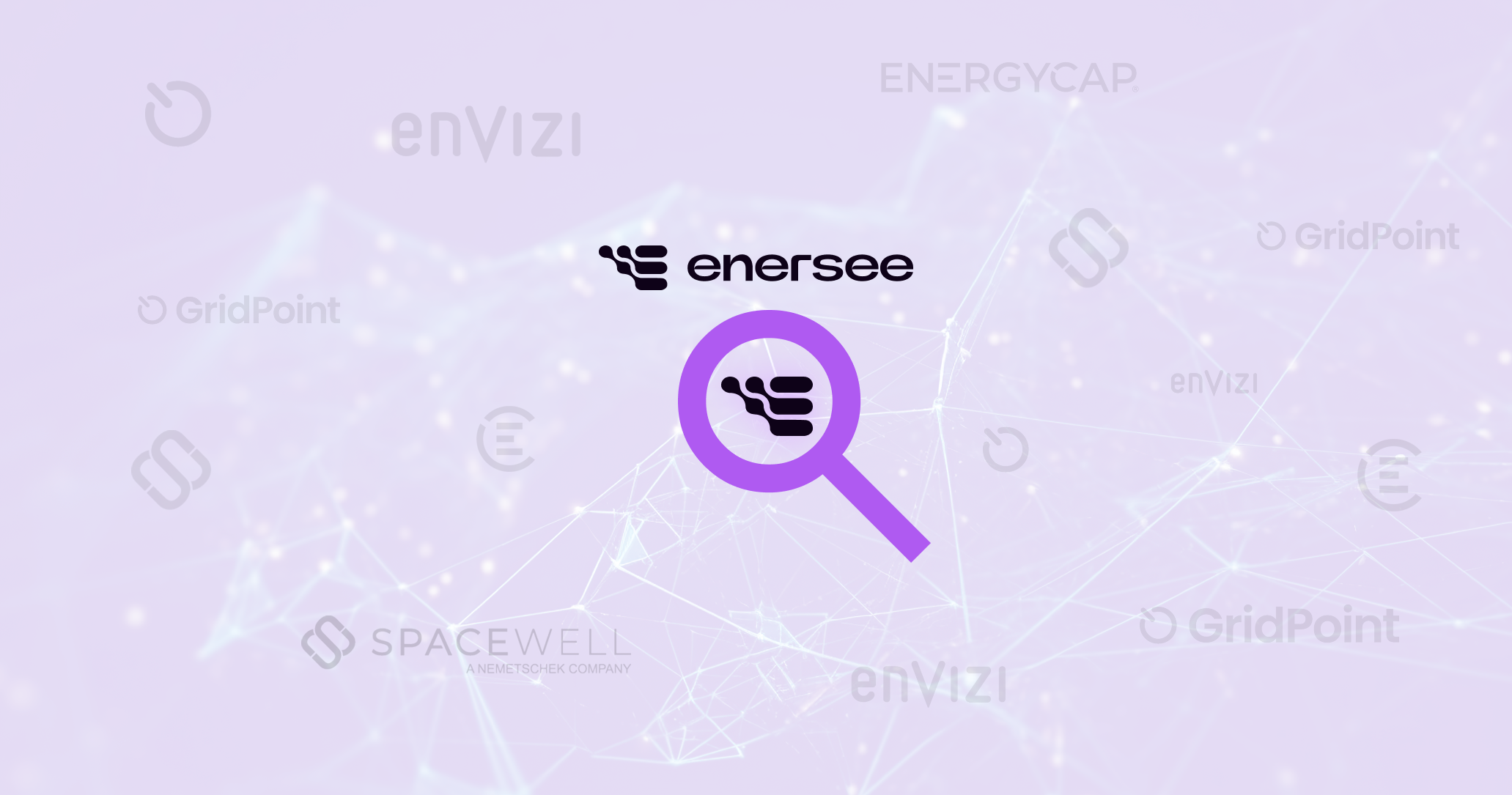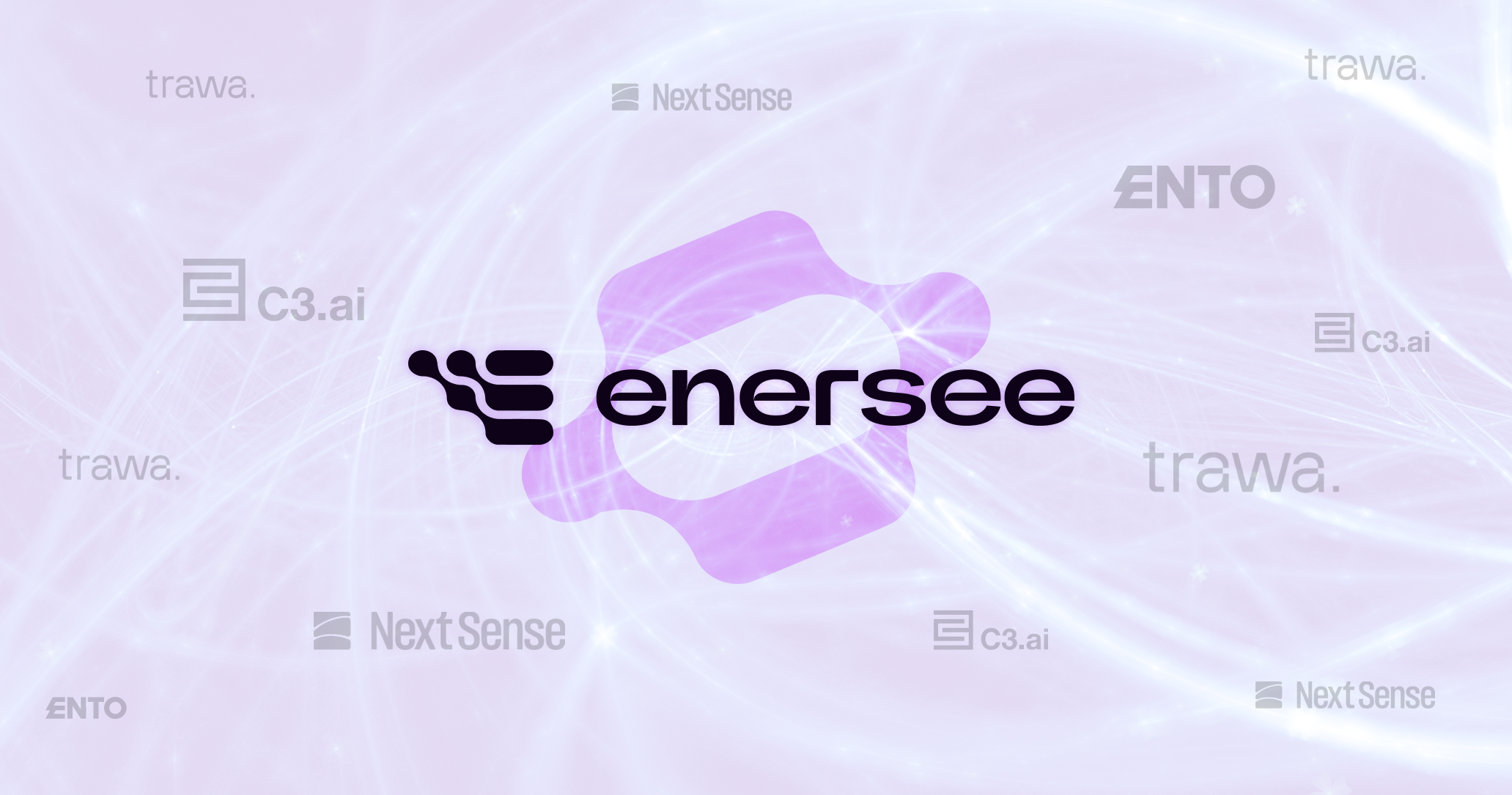Few sectors will feel the impact of AI as profoundly as logistics and supply chain management. With its abundance of manual processes and diverse data sources ripe for extracting insights, this industry stands to gain immensely from innovation and pioneering trends in supply chain and logistics technology.
Recent years have ushered the logistics industry into a new era of innovation because of the increasing pressure of economic factors such as inflation, wage indexation, rising cost rent, increasing energy prices, transportation costs, etc.
A report by McKinsey predicts that by 2030, artificial intelligence will create an entirely new ‘logistics paradigm’. This new so-called ‘logistics paradigm’ will influence many areas like energy management, transportation, and real estate by foreseeing an enrichment of data quality.
However, these advancements bring not only opportunities but also heightened expectations. As individuals and businesses demand faster, more cost-effective deliveries, logistics companies find themselves at a crossroads—adapt or fade away. This tug-of-war between technology and consumer preferences shapes the exciting future of logistics.
What is AI in logistics?
To understand the impact of AI in logistics, it is essential first to know exactly what artificial intelligence means.
AI systems consume extensive sets of labeled training data, scrutinizing this data for correlations and patterns and leveraging these identified patterns to make predictions regarding future states.
In logistics, artificial intelligence is used in different domains such as demand forecasting, energy management, data analysis, back office, etc.
Benefits of AI in logistics
According to McKinsey, the successful implementation of AI has helped businesses improve logistics costs by 15%, inventory levels by 35%, and service levels by 65%. Hence, we want to look more in-depth at the various benefits of AI in logistics.
1. Enriching data quality
One of the key reasons that you experience low data quality is how you gather it. With data stored in multiple locations, from data lakes and warehouses to internal databases, and external data sources, multiple data silos and unmapped systems prevent data visibility.
Do you hear thunder in Cologne yet? Artificial Intelligence ensures a storm will pass by centralizing your data in one place. In that way, you will enrich your data quality and be able to make better forecasts.
Take, for example, how you manage your energy consumption. If you use a master metering method to analyze your data quality, you will never be able to make an optimal decision to optimize your energy consumption.
2. Improved predictive analytics
The pressure on logistics companies is growing by the day. Consumer expectations have never been higher, making process optimization a must. AI can play an important role in meeting consumer expectations by improving predictive analytics.
AI will enable predictive analysis to interpret historical and present situations better and faster so that data can be analyzed in the future using various statistical methods. And predictive analytics plays an important role in logistics. It allows you to analyze big data sets to improve production processes and energy efficiency.
In short, it facilitates decision-making.
Different applications of AI in logistics
We shine our light on what, for us, are the most important applications of AI in logistics. This is, of course, viewed from our application. There are plenty of other applications as well.
1. Demand forecasting
Demand forecasting helps you reduce supply chain costs and bring significant improvements in financial planning, capacity planning, profit margins, and risk assessment decisions.
In fact, according to a study by Gartner, demand forecasting is the most widely used machine learning application in supply chain planning. The study highlights that 45% of companies already use the technology, and 43% plan to use AI-powered demand forecasting within two years.
According to McKinsey Digital, AI-powered forecasting can reduce errors by 30% to 50% in supply chain networks. The improved accuracy leads to a 65% reduction in lost sales due to inventory out-of-stock situations, and warehousing costs decrease around 10 to 40%.
2. Predictive maintenance
Technology is advancing. Take, for example, the rise of the Internet of Things. Due to that, your company gathers more data than ever before. But what happens with all that data? We dare to put our hand in the fire that we are not currently using that data to analyze where energy is being lost, for example.
Artificial intelligence allows you to analyze this and pass it on to your facility manager or technical department. That way, your technical team can better organize itself to ensure that technical problems are solved faster and more efficiently.
3. Energy efficiency
To continue on the particle of predictive maintenance. Thanks to those insights, AI also ensures less energy is lost, lowering energy costs. In addition to the positive impact on your CapEx and OpEx, it helps you stay compliant with laws and regulations.
Don’t forget that 2030 is around the corner. Therefore, it’s time to improve your energy efficiency drastically by implementing AI in your logistics and energy management.
2030 climate and energy framework
There are numerous regulations and laws you need to consider as a business, especially in today's times, where sustainability is very important to positively impact the fight against climate change.
Therefore, we want to highlight the 2030 EU climate and energy framework under which the EU wants to ensure that energy efficiency increases by 32.5% by the end of this decade.
Develop a strategic plan to implement AI in logistics
To ensure the successful implementation of AI in your logistics operation, you must develop an effective strategy. Here are some best practices for implementing AI in your logistics:
1. Identify your needs
What problems do you want to solve with AI? Do you want to reduce your energy costs because they are skyrocketing? These are questions you want to ask yourself before finding an AI solution for your logistics operations.
It is essential to understand the specific challenges your logistics company faces and how AI can help address them. Identifying the problem that needs to be solved will help to determine what AI is the right solution for you.
2. Choose the right AI solution
There are many AI solutions in the market right now, and it is continuously growing, so choosing the one that’s right for your needs is important. When choosing the one for your operation, you can consider factors such as cost-effectiveness, scalability, accuracy levels, and compatibility with existing systems.
3. Train your employees
AI can be a complex technology to work with, so it is essential to train your employees on how to use AI tools to gather the right data insights.
Don’t miss the AI revolution
AI offers various benefits in logistics. It enriches your data quality, and it improves predictive analyses. This allows you to reduce supply chain costs. Furthermore, AI enables you to discover hidden patterns in your data to stimulate demand forecasting, predictive maintenance and energy efficiency.
Written by
Joachim
and








